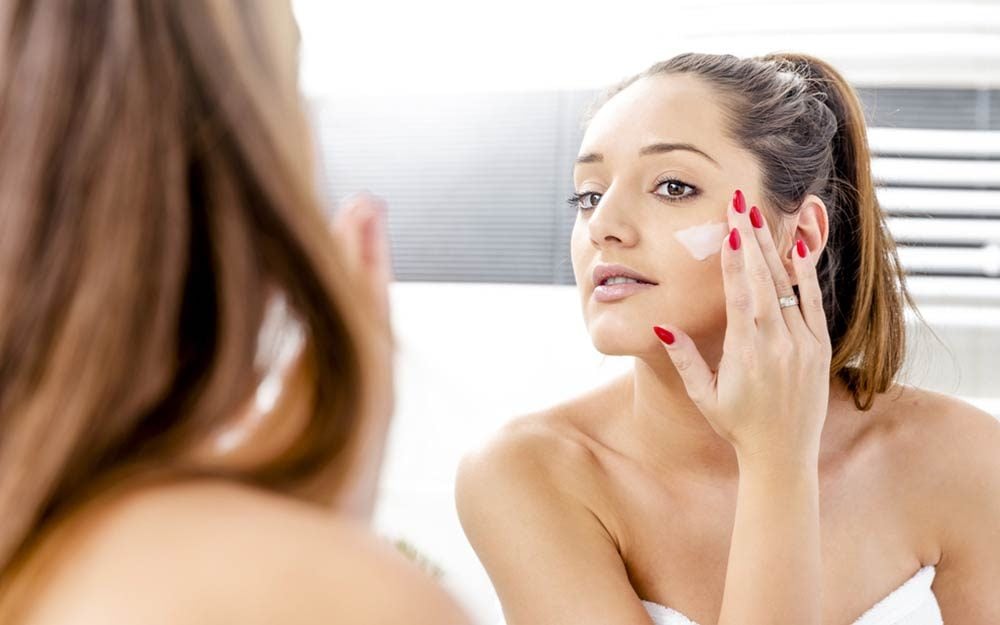Our skin serves as a window into our entire body, allowing us to see the story of one’s life as they unfold. From teenage acne breakouts, the dazzling glow of adulthood, the radiance of pregnancy to the sunspots of aging gracefully, your skin reflects not only your age but also your general well-being.
The Skin Serves A Variety Of Purposes
The human skin is the largest organ in the body, making it the supreme multitasker in terms of functions. Its most significant purpose is to serve as our first layer of protection against harm from the outside world, safeguarding us from germs, viruses, pollutants, and chemical compounds that we may come into contact with from our daily activities.
The skin also regulates the body’s temperature and balances the absorption of moisture. It also serves as a shock absorber as it detects and alerts us from threats by recognizing pain signals and shields us from the sun’s damaging ultraviolet or UV rays. It’s also important to know that several variables can affect our skin.
It includes internal factors such as our genes, age, hormones, and medical conditions such as diabetes. On the other hand, external factors ranging from unprotected and prolonged exposure to the sun, excessive washing, and the use of hot water can cause the skin some damage. Thus, knowing how to protect the one that’s protecting us is vital.
Keeping The Skin’s Natural Moisture Level
Dermatologists recommend using moisturizers to retain the skin’s natural layer of tissues and lock in necessary moisture. When it comes to moisturizers, agents called humectants and emollients are used to bring water to our skin and smoothen the gaps between skin cells.
Moreover, excessive and unnecessary showers can take away the natural oily layers of skin, causing it to become dry; thus, experts recommend taking at least five- to 15-minute baths per day. Consider installing a water-softening system since it will help eliminate toxic chemical components such as magnesium and calcium in your water that may damage your skin, leaving it itchy and flaky.
Avoid using coarse bath scrubs on your skin because they can cause more harm to its surface. Ensure to moisturize soon after bathing to help to keep moisture, ointment, cream, and other things included in your skincare routine.
Eating Good Food
The industry dedicated to tons of promises in helping you preserve your skin at its prime and guaranteed to counteract indications of aging is indeed growing. However, these products merely penetrate the skin’s surface, and aging occurs at a deeper molecular level. Thus, it’s essential to know that consuming nutritious foods is just as vital as religiously using cosmetics and skincare products.
Your food can enhance the health of your skin from the inside; thus, eating a healthy diet is the first step toward achieving a clear and clean complexion. For instance, one research found that including tomato in your daily diet can reduce the formation of skin cancer and tumors by 50% following exposure to ultraviolet radiation. Moreover, consuming at least 1.4 ounces of tomato paste every day has been shown to help protect you from sunburn by 40%.
Stop Smoking
Cigarette smoking causes the skin on the face and other parts of the body to deteriorate. Smoking constricts the blood vessels present in the outermost layer of the skin, reducing blood flow and depriving it of oxygen and nutrients it needs to maintain its healthy appearance and functionality.
The skin’s firmness and suppleness are sourced from elastin and collagen. When you smoke, you might lose some of your skin’s natural suppleness because smoking causes collagen to break while also decreasing cell growth. Moreover, the recurrent facial gestures performed when smoking, such as compressing the lips, might lead to the formation of lines on the face.
Get Enough Sleep
Taking a beauty sleep will help reduce the appearance of dark circles under the eyes and enhance the texture of your skin. The best part is that doing this is entirely free. According to the National Sleep Foundation’s recommendations, adults should sleep comfortably for about seven to nine hours per day. It is also possible that snoozing for less than that length mentioned would be harmful to your overall wellness as well as your skin.
For chronic pain, insomnia, and other severe cases causing inadequate sleep, consulting with your doctor is highly recommended, especially with medicines or therapies needed to get your sleep back on track.
Although maintaining healthy and youthful skin requires help from science, it does not necessarily entail spending a lot of money on pricey skincare products. Implementing easy techniques, balancing nutrition, and a healthy lifestyle can help lifeless and dull skin have that natural and long-lasting glow.



